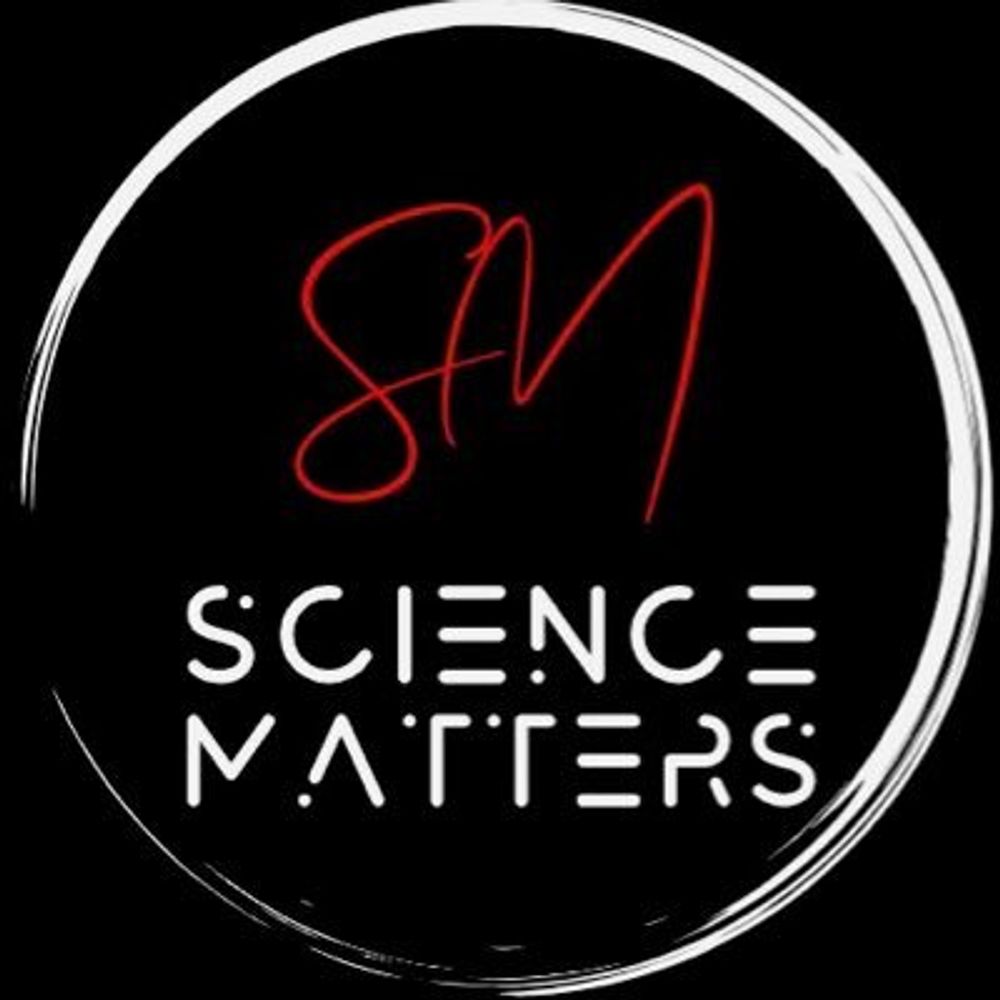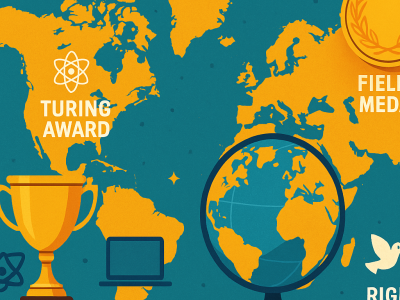What if financial constraints were no barrier to your doctoral research? In 2021, a Nature survey revealed that 76% of PhD students globally worry about funding, with nearly one-third considering quitting due to financial strain. For Dr. Anika Patel, a biomedical researcher, this struggle ended when she secured a Wellcome Trust Fellowship. “It wasn’t just about the money,” she says. “It was about joining a community that amplified my work.” This article unveils 20 elite doctoral fellowships that offer full funding, prestige, and transformative opportunities—and explains how to win them.
Global opportunities
The Rhodes Scholarship, established in 1902, remains the gold standard for doctoral candidates. Open to students from 23 countries, it covers all Oxford University fees and provides an annual £18,180 stipend. Equally prestigious is the Fulbright Program, which has funded 400,000 scholars since 1946. Its emphasis on cultural exchange makes it ideal for projects requiring international collaboration, such as climate change or public health.
In Europe, the Erasmus Mundus Joint Doctorates combine interdisciplinary research with mobility grants, allowing candidates to study across three universities. Meanwhile, the Marie Skłodowska-Curie Actions offer €4,500 monthly salaries for projects tackling societal challenges, from AI ethics to vaccine development.
Regional fellowships: Where to apply
United States: The NSF Graduate Research Fellowship Program (GRFP) awards $46,000 annually to STEM researchers.
United Kingdom: The Gates Cambridge Scholarship, with a 3.7% acceptance rate, funds 80 scholars annually. Its alumni include CRISPR pioneer Dr. Jennifer Doudna. The Clarendon Fund at Oxford supports 350 students yearly, covering tuition and a £15,700 stipend.
Canada: The Vanier Canada Graduate Scholarships distribute $50,000 annually to researchers demonstrating leadership. Since 2008, it has funded 1,800 scholars in fields like quantum computing.
Asia-Pacific: Singapore’s SINGA scholarship offers SGD 2,200 monthly for STEM PhDs, while Japan’s JSPS Fellowship funds 1,500 international researchers annually.
Field-specific grants: Tailored excellence
STEM researchers target fellowships like the Hertz Foundation Grant, which awards $250,000 over five years for “high-risk, high-reward” projects. In health sciences, the NIH Oxford-Cambridge Scholars Program funds transatlantic collaborations, with 94% of alumni securing tenure-track roles.
Social scientists thrive under the Trudeau Foundation Doctoral Scholarship, providing CAD 60,000 for projects on human rights or climate justice. For tech innovators, the Google PhD Fellowship offers $75,000 and mentorship in AI or quantum computing.
Step-by-step application guide
- Align your goals: Identify fellowships matching your field and values. The Ford Foundation prioritises social equity, while the Hertz Fellowship seeks disruptive tech. Tailor your proposal to reflect their mission.
- Craft a narrative: Successful applications tell a story. Dr. Luis Martinez, a 2022 Rhodes Scholar, credits his win to framing his AI ethics research as “a tool for global equity.” Use data, but emphasise impact.
- Secure mentorship: NSF GRFP winners average three rounds of feedback. Approach supervisors early and share drafts with past recipients.
- Master deadlines: Many fellowships, like the Marshall Scholarship, require submissions 14 months before enrolment.
- Prepare for interviews: Gates Cambridge finalists face panels probing their leadership vision. Practice articulating how your work addresses global challenges.
Pro tips: Lessons from successful applicants
“Apply even if you doubt yourself,” advises Dr. Priya Rao, a Vanier Scholar. “My imposter syndrome nearly stopped me—but 10% of awards go to first-time applicants.”
Avoid generic essays. The Rhodes Trust rejects 97% of applicants, often for failing to demonstrate “energy to use one’s talents to the full.” Use specific examples, like fieldwork or policy advocacy.
Finally, diversify applications. Dr. Marco Silva, a Fulbright and Clarendon recipient, applied to six programmes. “Each rejection refined my approach,” he says.
What groundbreaking research could you achieve?
Doctoral fellowships are gateways to innovation. When Dr. Yara Mendez won the Marie Curie Fellowship, she leveraged its €188,000 grant to develop solar-powered water filters for rural Chile. “Funding let me focus on scaling solutions, not scraping by,” she says.
Whether you’re decoding genomes or reimagining urban policy, these fellowships offer the resources to excel.







